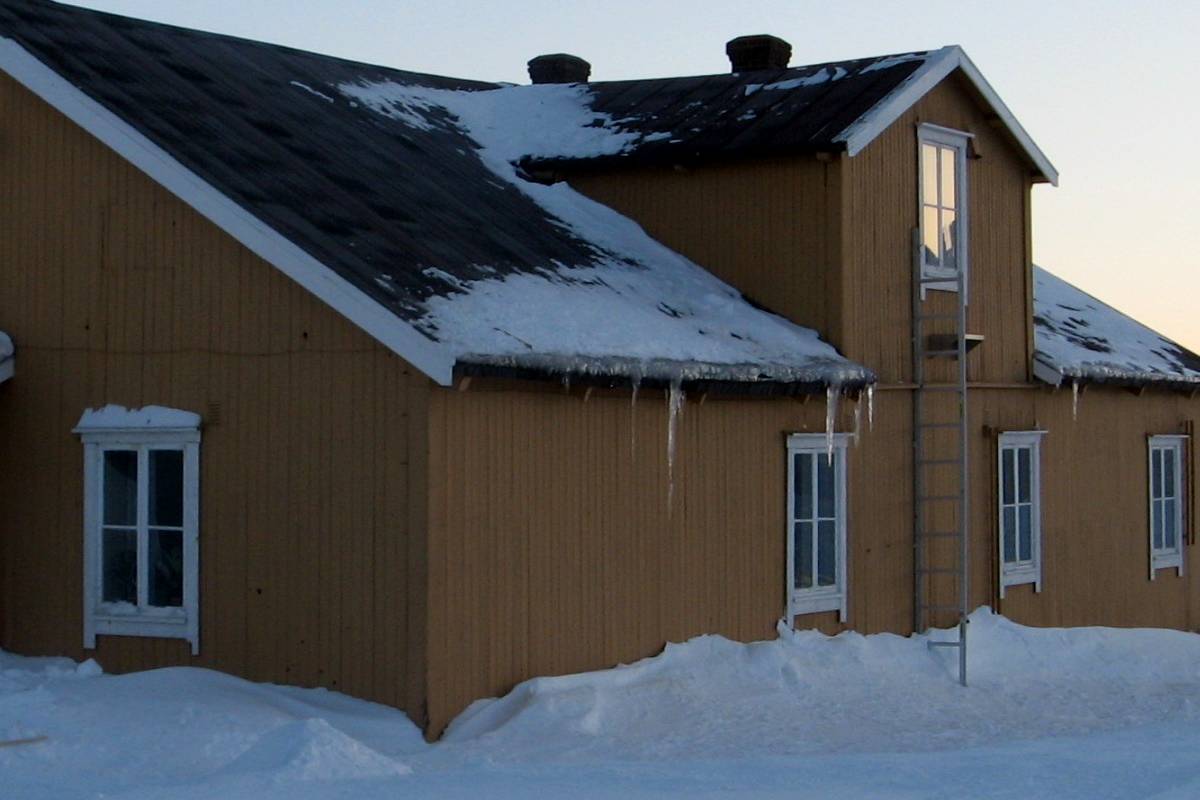NEW DELHI: In a groundbreaking venture, Indian scientists launch the first winter Arctic expedition for year-round research in Svalbard. The team consisting of researchers from the National Centre for Polar and Ocean Research (NCPOR), IIT Mandi, the Indian Institute of Tropical Meteorology Pune and Raman Research Institute Bengaluru has set up a base at Himadri, India’s permanent research station in NyÅlesund.

The Arctic winter characterised by continuous darkness and plummeting temperatures, poses unique challenges for the researchers who are committed to studying atmospheric lightning phenomena, the impact of climate change, atmospheric aerosols, and radio-wave signals from outer space.
READ MORE: Vivo PMLA: More arrests likely, after ED arrests Chinese CEO
The expedition, extending from November to March, addresses a critical gap in data collection during the polar nights, providing valuable insights into various aspects of Arctic life and climate. Dr. Thamban Meloth, director of NCPOR Goa, emphasised the importance of understanding the region during winter, shedding light on phenomena like space exploration and the northern lights (aurora borealis).
However, the Arctic’s harsh conditions demand strict safety measures. Researchers have been cautioned against venturing beyond a designated safe zone due to the looming threat of polar bears. While rifle training was once mandatory, recent changes have shifted to hiring security personnel to accompany researchers when necessary.
Despite the challenges, scientists remain undeterred, with the expedition’s significance extending beyond national boundaries. The Arctic, undergoing rapid warming known as “Arctic amplification,” plays a crucial role in global climate dynamics. Athulya R, studying the impact of global warming on Arctic precipitation, stressed that the consequences, such as melting sea ice and glaciers, are not confined to the region and will have global repercussions.
READ MORE: SP leader calls Hindu religion ‘fraud’, sparks fresh controversy
Moreover, the Arctic station, located in a “radio silent” zone, prohibits the use of wireless devices to prevent interference with sensitive instruments. This has created an environment of isolation for the researchers, whose phones remain silent, serving only to check the time.
Despite the challenges, the team remains optimistic about the potential discoveries awaiting them. As they wait for the moon to wane, hindering their view of the renowned Aurora Borealis, the researchers are eager to unlock the mysteries of the Arctic, contributing valuable data to the global scientific community.
This groundbreaking expedition not only showcases India’s commitment to scientific exploration but also underscores the collaborative international efforts to understand and address the challenges posed by climate change in the far reaches of our planet.









